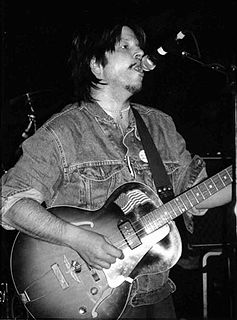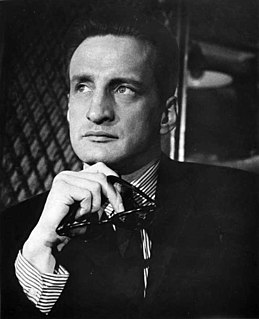A Quote by Carlisle Floyd
Socially I never was an outsider. I have never thought of the conflict element before frankly, but perhaps it was wanting to belong, and at the same time wanting to retain one's own personality.
Related Quotes
Unworthiness is the inmost frightening thought that you do not belong, no matter how much you want to belong, that you are an outsider and will always be an outsider. It is the idea that you are flawed and cannot be fixed. It is wanting to be loved and feeling unlovable, or wanting to love and feeling that you are not capable of loving.
One of things I write about a lot is the role of women. An older friend of mine said that she feels like there's always a tension between wanting to be free and wanting to be cherished. I think that's one of the things that my whole book speaks to, wanting to break out of the confines of the roles that are prescribed for women and yet at the same time, not wanting to be totally free. You want to have intimate relationships. It's that bursting out of confinement.
All this stuff you heard about America not wanting to fight, wanting to stay out of the war, is a lot of horse dung. Americans, traditionally, love to fight. All real Americans love the sting of battle. Americans play to win all the time. I wouldn't give a hoot in hell for a man who lost and laughed. That's why Americans have never lost - and will never lose - a war, because the very thought of losing is hateful to Americans.







































